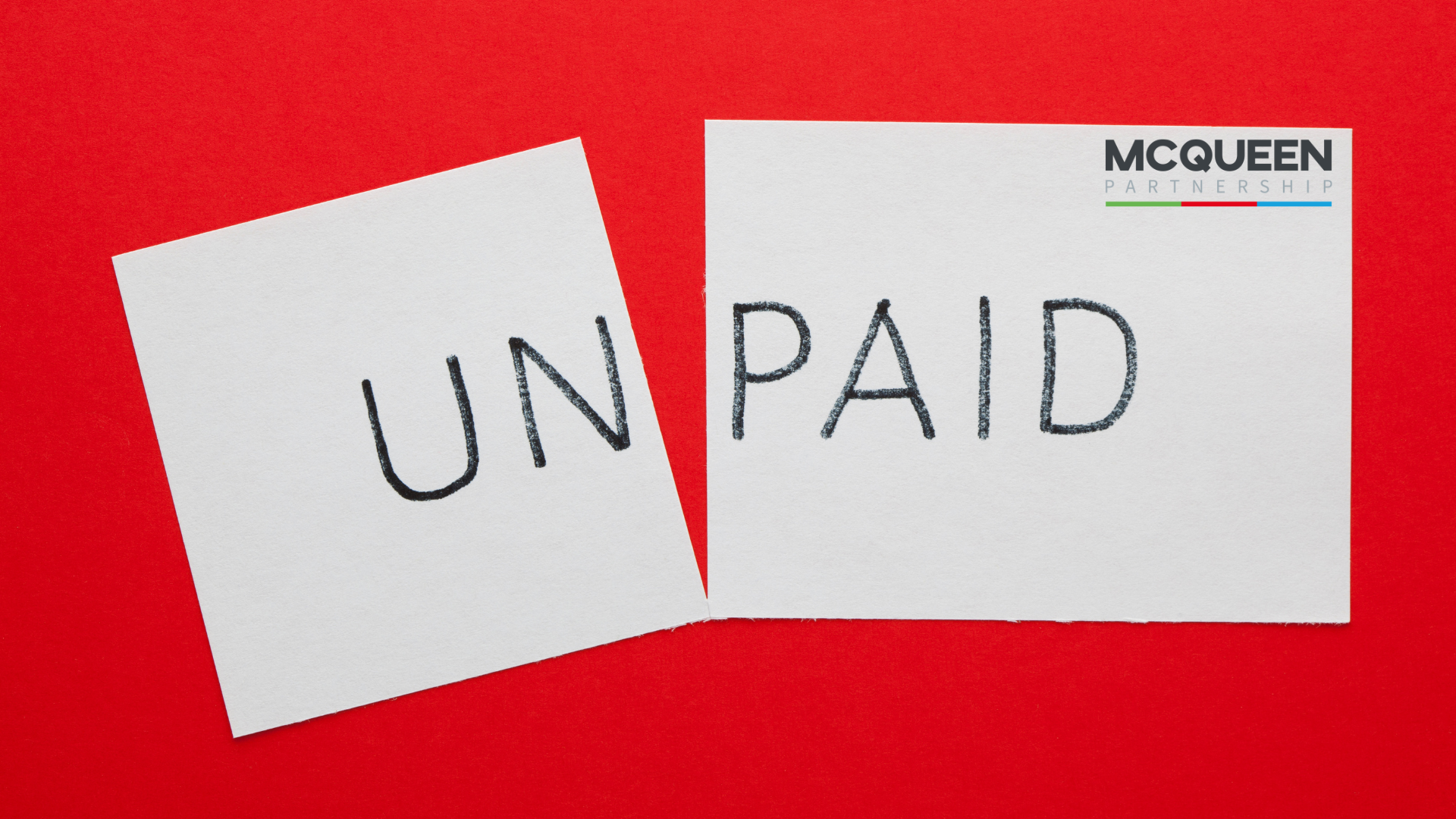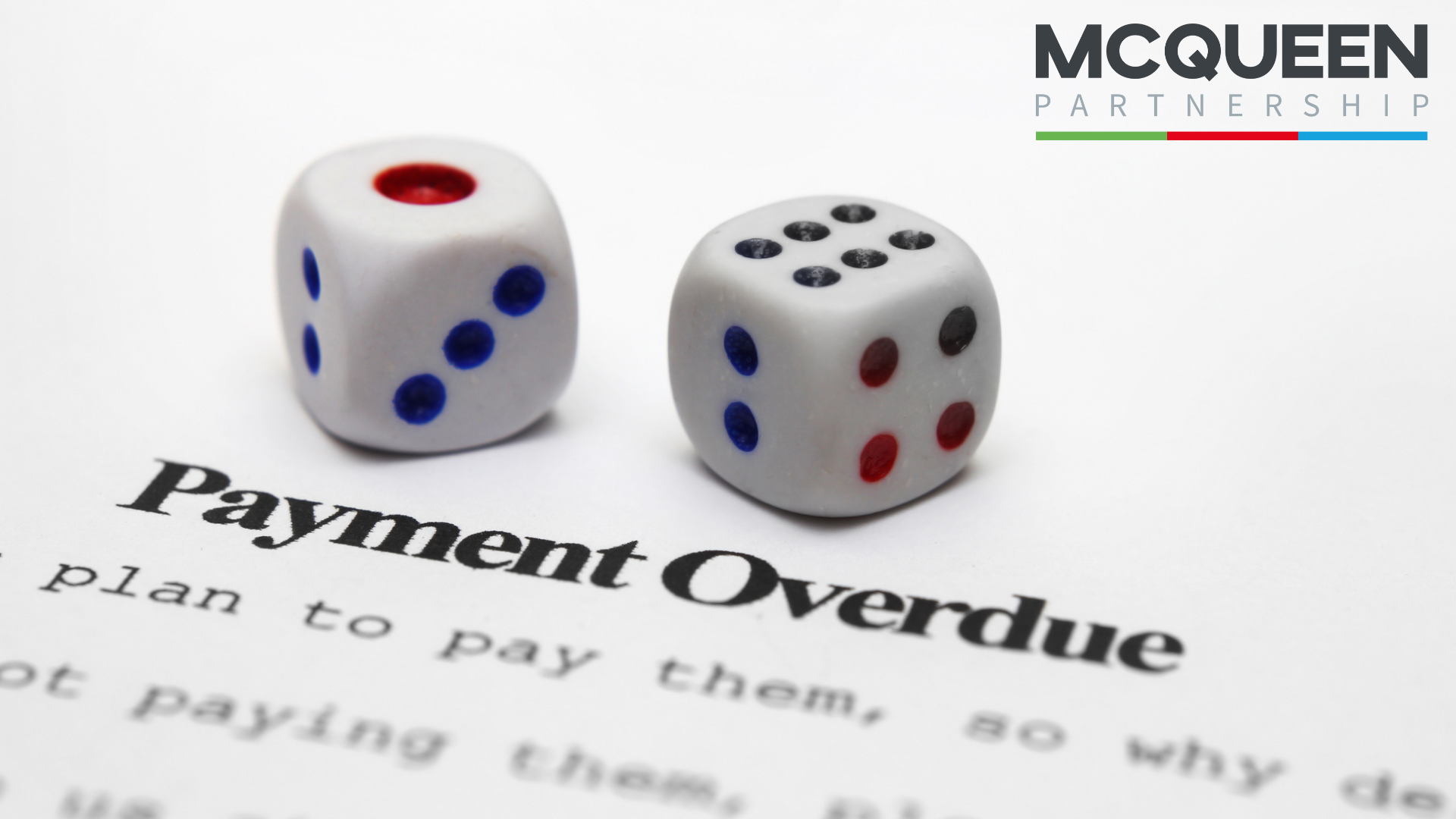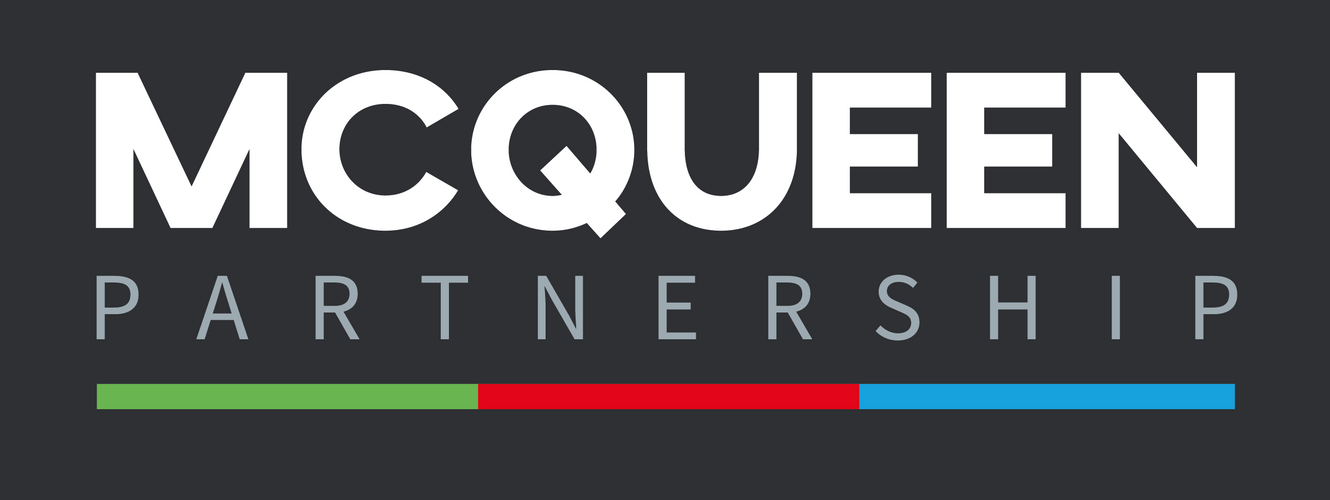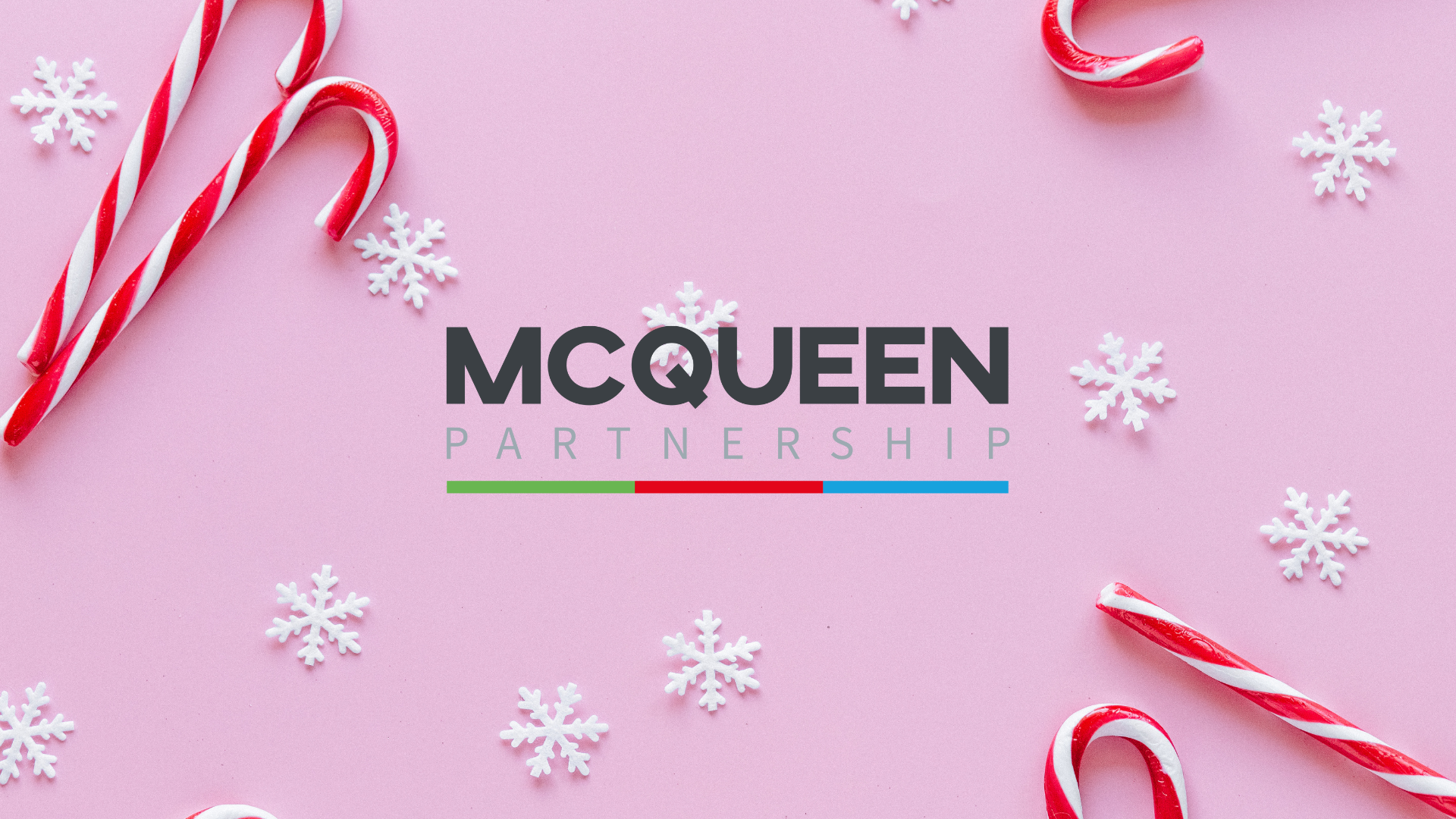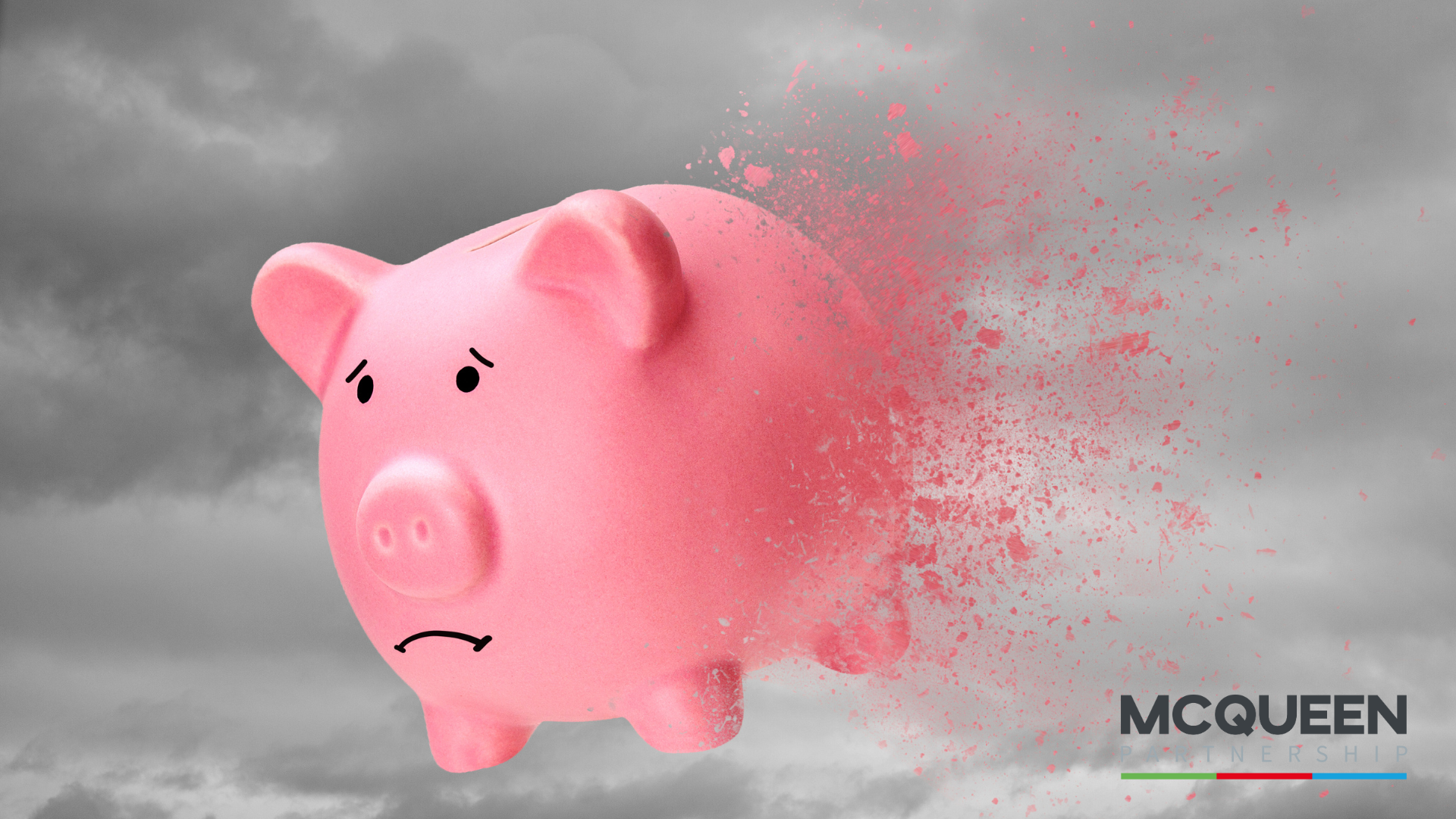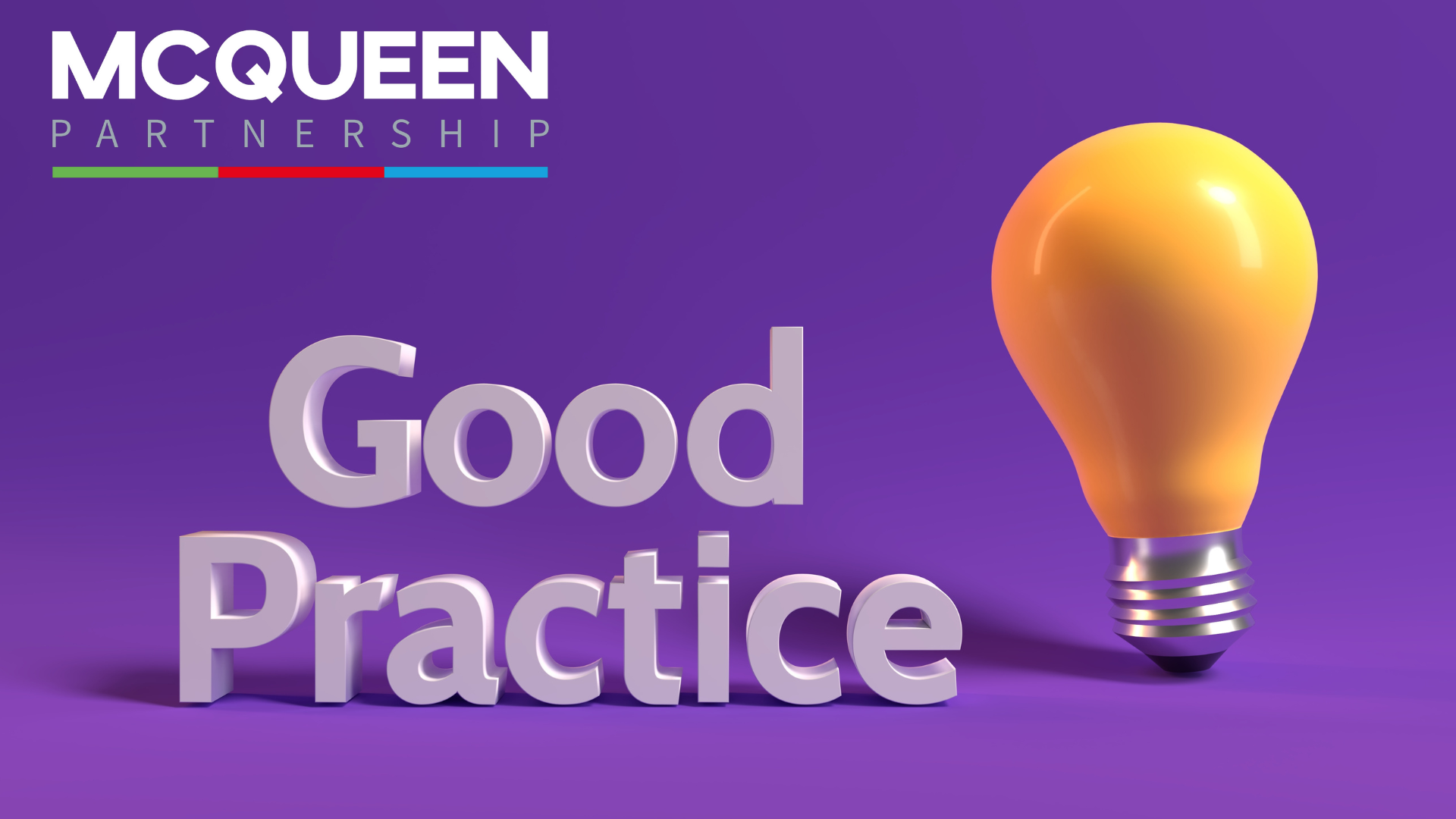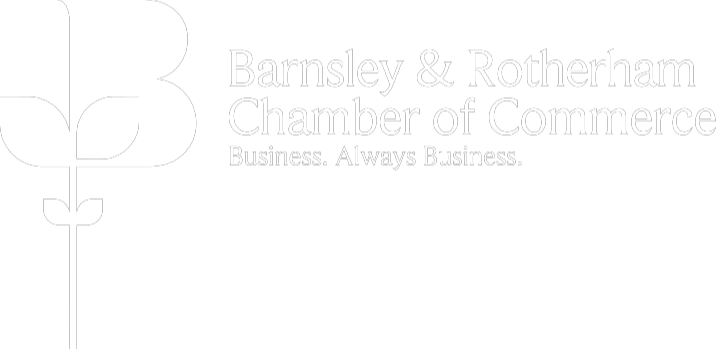Mastering Debt Recovery: A Guide to Protecting Your Business
Dealing with unpaid debts can be a challenging task for any business, regardless of its size. While it can be frustrating, it's essential to approach debt recovery with a clear strategy in mind to minimize losses and maintain positive relationships with your customers. In this article, we'll address key questions related to debt recovery, helping you navigate this complex process.
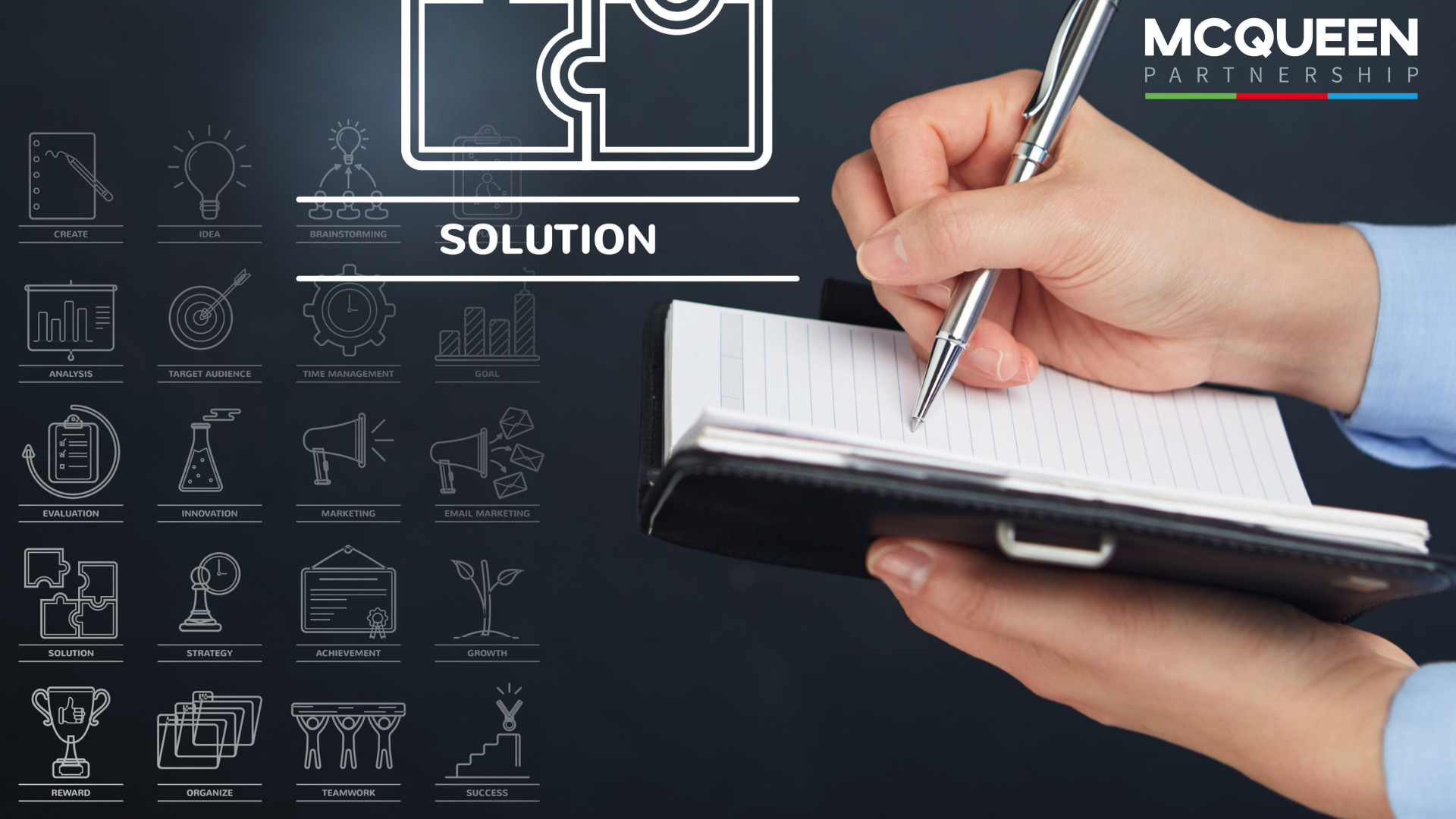
Is it worth pursuing a payment?
One of the first questions that business owners often ask themselves when dealing with overdue payments is whether it's worth pursuing a debt. The answer depends on various factors, such as the amount owed, the likelihood of recovery, and the potential impact on your business. In many cases, it's worth making an effort to recover the debt, as every pound counts for your business's financial health.
How can I recover debts and retain customers?
Recovering a debt doesn't necessarily mean losing a customer. When approaching debt recovery, it's crucial to maintain a balance between firmness and professionalism. Open communication is key. Start by sending polite reminders and discussing payment options that suit your customer's circumstances. Many customers appreciate the opportunity to resolve their debts amicably and continue doing business with you.
What can I do before taking legal action?
Before resorting to legal action, explore alternative solutions to recover the debt. Mediation or negotiation with a debt collection agency can often yield positive results without the need for costly legal proceedings. Remember that legal action should be the last resort, as it can strain relationships and incur additional expenses.
What evidence of the debt do I need?
Documentation is your best ally in debt recovery. To prove the existence of the debt, you should maintain records of invoices, purchase orders, communication, and payment history. Having a clear paper trail is crucial if you need to pursue legal action or dispute resolution.
How can I avoid debt in the future?
Preventing future debt is just as important as recovering existing ones. Implement a robust credit control policy to assess the creditworthiness of your clients before extending credit. Clearly define your payment terms and communicate them to your customers. Regularly review your accounts receivable and follow up on overdue payments promptly.
Incorporating best practices and maintaining a customer-centric approach to debt recovery can go a long way in protecting your business's financial health and reputation.
If you find yourself struggling with debt recovery, consider seeking professional assistance. At McQueen Partnership, we specialize in helping SMEs and corporates manage their debts efficiently. Our expert team can provide you with the guidance and support you need to navigate debt recovery successfully.
For those who operate as sole traders or partnerships, McQueen Partnership offers tailored solutions to address your unique debt recovery needs.
To stay on top of your financial well-being and prevent future debt issues, explore our credit control services.
Our proactive approach can help you maintain a healthy cash flow while fostering positive customer relationships.
In conclusion, debt recovery is a challenge that most businesses face at some point. However, by adopting a strategic and customer-friendly approach, you can recover outstanding debts while preserving your business relationships and financial stability.

